Diego Maradona is one of the greatest footballers ever to grace football and his story goes beyond trophies or goals. It’s about magical moments, unforgettable skills and an element of passion that drives one to life. During the 1986 World Cup, Maradona’s game changing skills made him a global idol. With his talent, he inspired millions, while his controversies also kept the newspapers busy. Maradona stands for an individual splendor that sees football in all its glory.
Early Breakthrough: The Prodigy Emerges
Maradona was born on October 30, 1960, at Argentina’s Lanús near Buenos Aires. Raised in Villa Fiorito, Diego Armando Maradona grew up in very humble surroundings. Maradona’s genius was evident from a very young age. At around eight, he joined Los Cebollitas (The Little Onions), the junior team for Argentinos Juniors. His rapid feet, brilliant dribbling, and immense football IQ set him apart. While barely 15 years old, Maradona made his professional debut for Argentinos Juniors. Across Argentina, it was a marvel to watch him against opponents who had never seen such a sight. He had a dexterity of low balance, speed and ball control, in contrast to his short stature. At 16, he debuted for the Argentina national team, becoming the youngest ever at that time. Maradona’s rise was quick, and the world had found its new football prodigy.
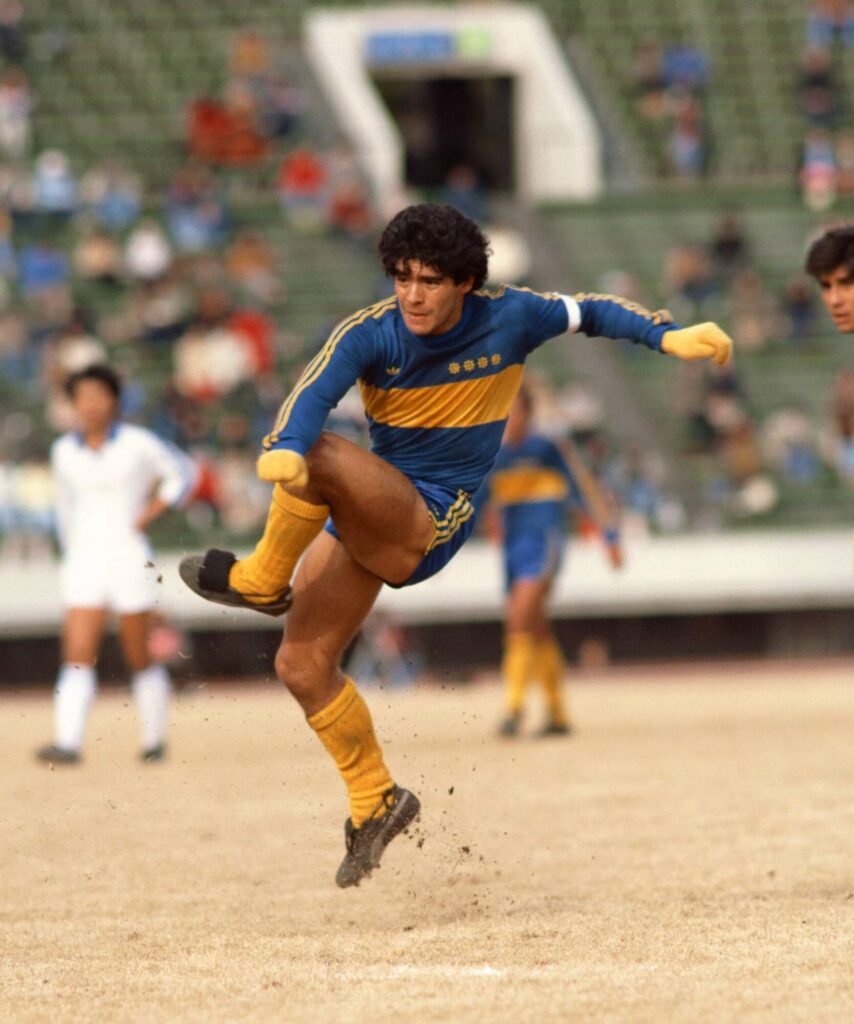
Peak Achievement: The 1986 World Cup Masterpiece
The 1986 FIFA World Cup in Mexico arrived with the biggest moment in the history of Diego Maradona. As Captain of Argentina, Maradona put forward one of the most awe-inspiring individual performances in World Cup history. He scored five goals, assisted five and led Argentina to their second title at the World Cup.
The most famous game of the tournament was the quarter-final against England. Maradona scored two of the most famous goals in the history of football during that match. The first one, the “Hand of God” goal, was a little controversial, for Maradona punched the ball in with his hand, and the referee never saw it. Minutes after, the “Goal of the Century” followed, as he dribbled from the middle of his half past five Englishmen to score a breathtaking solo goal.
In the finals against West Germany, Maradona’s creative spark came alive once more. His assist to Jorge Burruchaga was the match-winning pass for a 3-2 victory. The whole tournament was a showcase of the brilliance of Maradona – the skill, the leadership, and the ability to win games almost single-handedly. He went home with the Golden Ball award as the best player of the tournament.
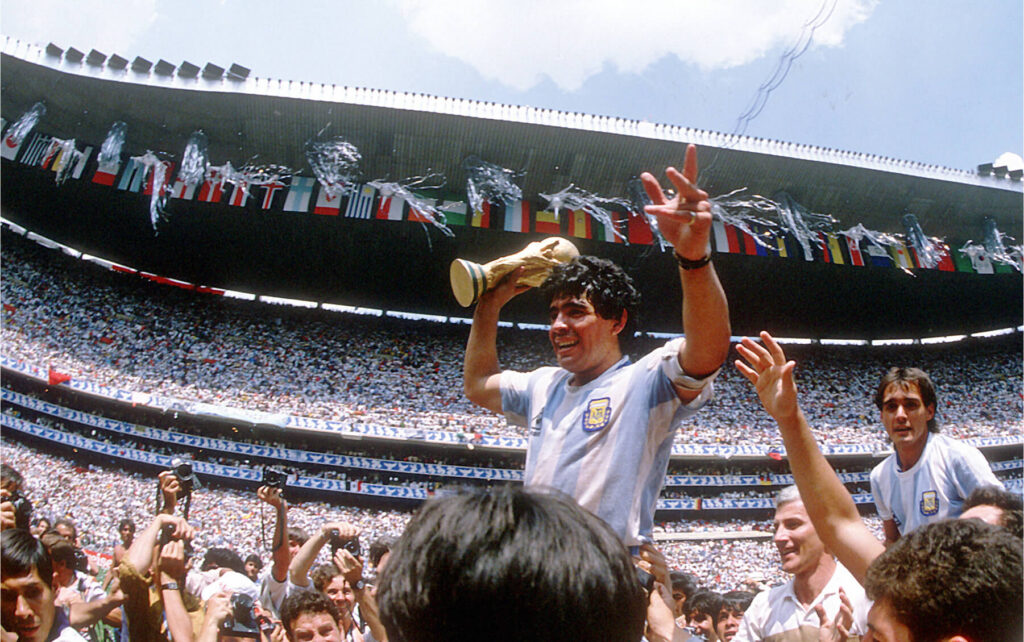
Club Success: Transforming Napoli
While Maradona had success in Argentina and Spain, it was in Italy with Napoli that he reached club football greatness. He joined Napoli in 1984, a team that had never won the Italian Serie A title and was considered an underdog compared to big clubs like Juventus, AC Milan, and Inter Milan.
Maradona changed everything. He became a symbol of hope for the people of Naples, many of whom came from working-class backgrounds. With his unmatched creativity and goal-scoring ability, Maradona led Napoli to their first-ever Serie A title in 1987. He followed it up with another league title in 1990, along with a UEFA Cup victory in 1989.
Under Maradona, Napoli won five major trophies, and the city adored him. Murals of Maradona were painted across Naples, and he became a cultural hero. He proved that one extraordinary player could transform the fortunes of an entire club.
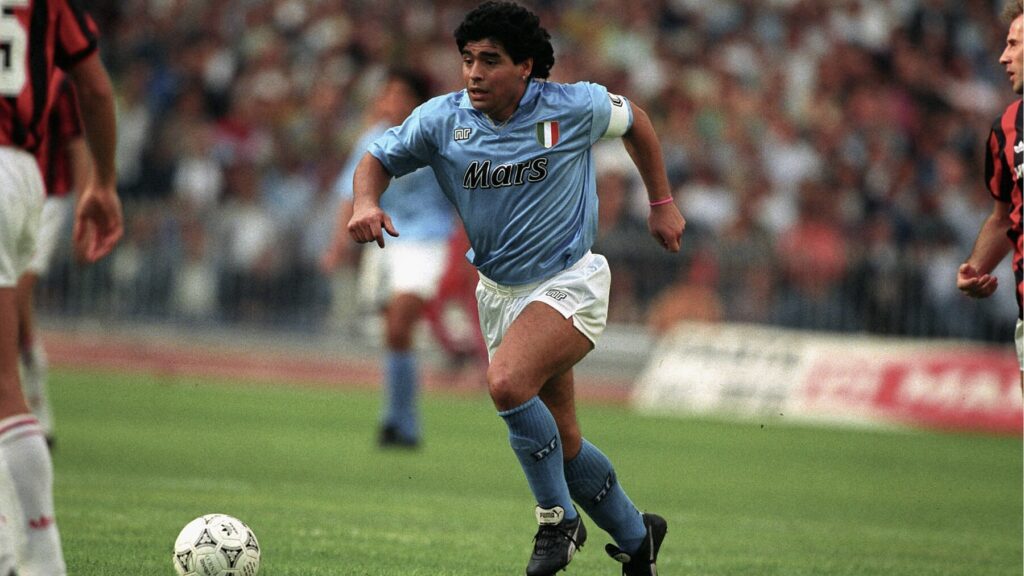
Playing Style: The Ultimate Dribbler
Maradona’s playing style was unique. Standing at just 5’5″ (165 cm), his low center of gravity allowed him to change direction quickly and stay balanced while dribbling at high speed. His left foot was magical, controlling the ball with perfect touch and precision.
Maradona’s dribbling was unmatched—he could glide past multiple defenders effortlessly. His close control, quick bursts of speed, and creativity made him impossible to defend against. Maradona was also a skilled passer, capable of delivering perfect through-balls and crosses.
He combined street football creativity with professional-level precision, making every touch unpredictable. Opponents often resorted to fouling him, but Maradona’s resilience and determination kept him moving forward.
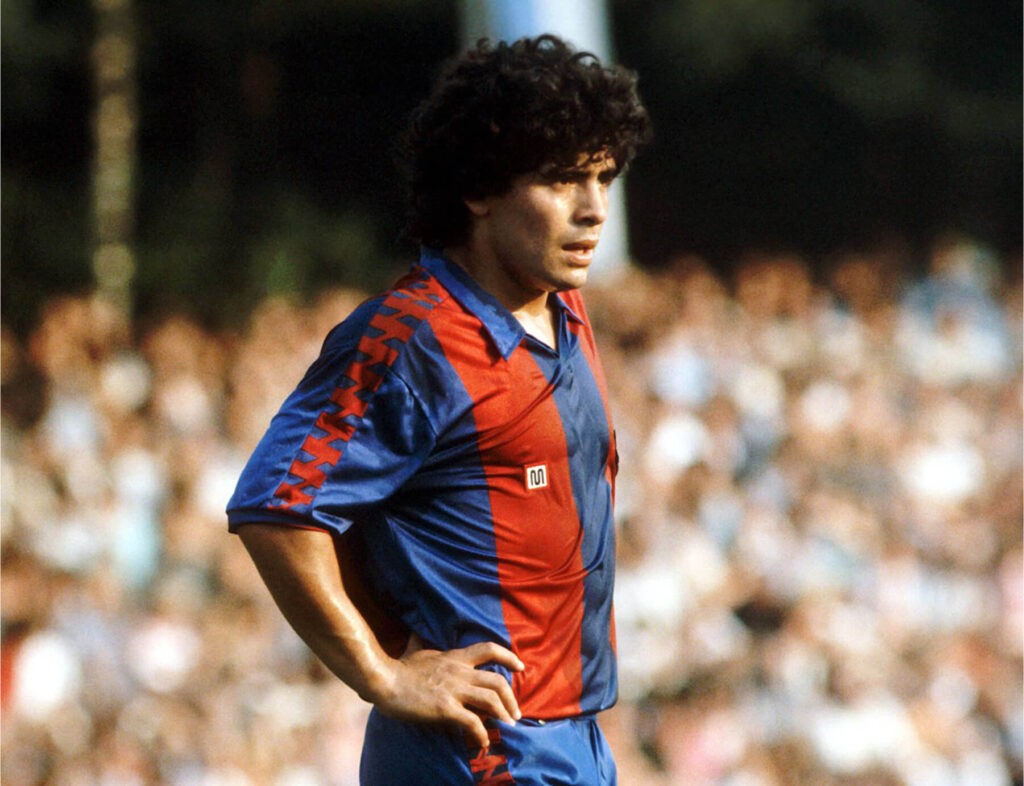
Tactical Impact: The Number 10 Redefined
Before Maradona, the number 10 role in football was already associated with creative players. However, Maradona redefined what it meant to be a playmaker. Traditionally, number 10s created chances but did not always lead the team or score heavily. Maradona did both.
He became the heartbeat of every team he played for, dictating the tempo, creating assists, and scoring crucial goals. His vision allowed him to spot runs and spaces others couldn’t see. At the same time, he possessed the dribbling ability to take on entire defenses by himself.
Maradona showed the world that a number 10 could be the leader, the scorer, and the main creator. His influence on tactics made teams build their systems around such playmakers, inspiring future stars like Lionel Messi, Ronaldinho, and Zinedine Zidane.
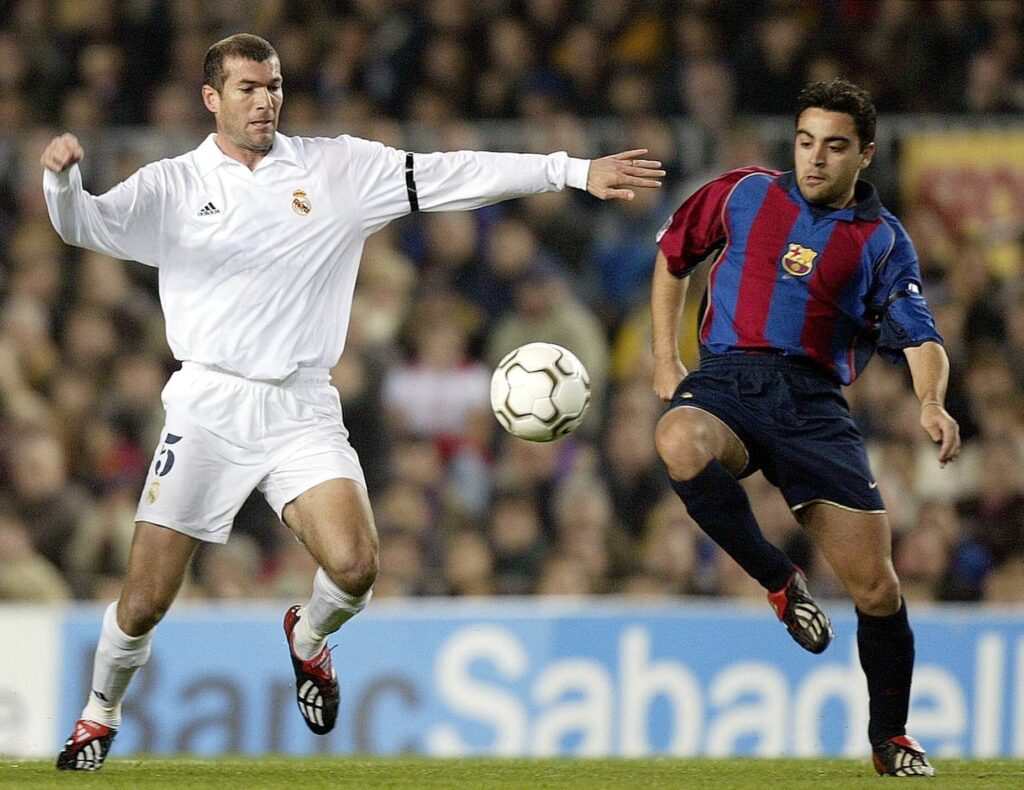
Cultural Icon: Beyond Football
Maradona was more than just a footballer; he became a symbol of resistance, pride, and imperfection. In Argentina, he represented hope for the poor, a boy from the slums who conquered the world. In Naples, he became a godlike figure for bringing glory to an underprivileged city.
Off the field, Maradona lived a turbulent life. His career was marked by controversies, including drug abuse and disciplinary issues. In 1991, he received a ban for cocaine use, and his career started to decline afterward. However, his personality – full of emotion, flaws, and honesty – made people connect with him even more.
Maradona was fearless, unfiltered, and passionate, which resonated deeply with fans. His famous quote, “I am black or white, I’ll never be grey,” highlighted his direct and open nature. His impact extended to politics, social issues, and pop culture.
Even after retirement, Maradona was always a global icon. He stayed in the spotlight with coaching spells along with media and public appearances. With his passing at the age of 60 on 25th November 2020, the world went into mourning. Many went on to name streets, stadiums and tournaments after him to sustain his memory.
The Eternal Magician
Diego Maradona today remains the name amongst the greatest of football icons ever produced. His talent was an ocean, each moment unforgettable; his passion was without comparison. He stood for football until its celebration, its unpredictability, and with bare-bones brilliance. Maradona showed the world how one man could single-handedly raise an entire team, inspire millions, and carve a permanent legacy.A story brimming with greatness and humanity marks the journey of Maradona from the streets of Buenos Aires to World Cup success, from turning Napoli into a powerhouse and revolutionizing the number 10. Controversial as he was, the footballing genius shall remain etched in our hearts forever – the eternal magician marking individual brilliance.